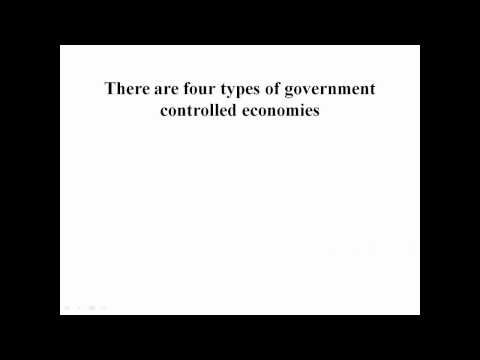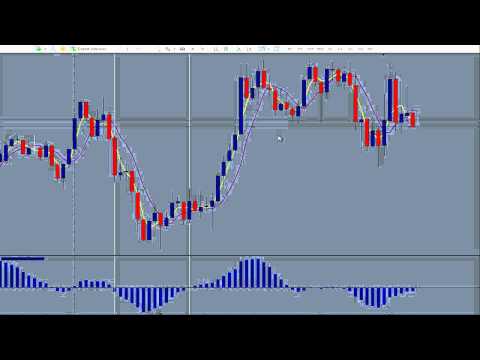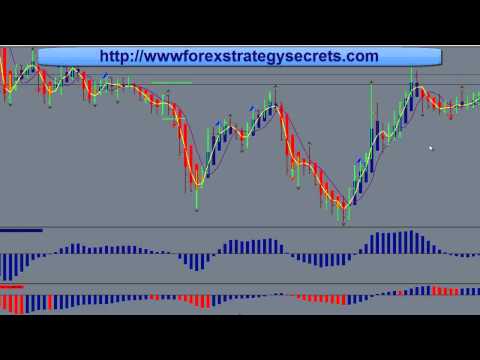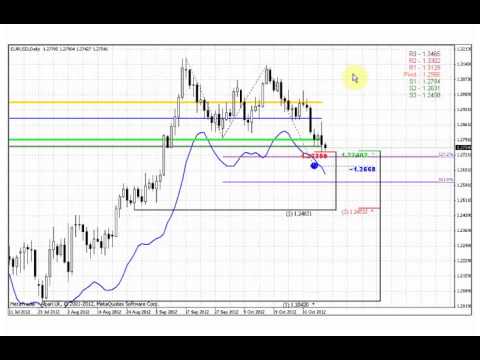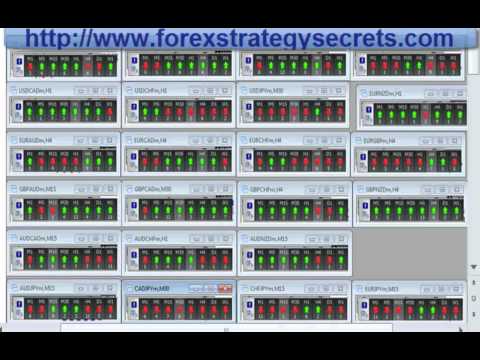The foreign exchange (forex) market is one of the most dynamic sectors in global finance. With trillions of dollars exchanged daily, it is essential for traders, investors, and businesses to remain informed about the latest trends and insights. In this article, we will explore the current forex landscape, key market movements, and what these trends mean for you.
The Current State of the Forex Market
As we look at the latest forex news, several important trends have emerged that are shaping the current landscape:
- Strength of the US Dollar: The US dollar continues to dominate the forex scene, influenced by interest rate changes, inflation rates, and macroeconomic indicators.
- Emerging Market Currencies: Currencies in emerging markets are experiencing volatility due to geopolitical tensions and economic recovery patterns post-pandemic.
- Central Bank Policies: Various central banks are adjusting their monetary policies, impacting currency valuations worldwide.
Key Market Movements
Recent data and analyses suggest notable fluctuations in key currency pairs:
| Currency Pair | Current Price | 24-Hour Change | Key Influences |
|---|---|---|---|
| EUR/USD | 1.0850 | +0.32% | ECB interest rate policy |
| GBP/USD | 1.2345 | -0.15% | UK economic data release |
| USD/JPY | 136.75 | +0.50% | BOJ’s inflation targets |
| AUD/USD | 0.6700 | -0.18% | Commodity price fluctuations |
Strength of the US Dollar
The US dollar remains a key player in the forex market. Recent economic reports have shown positive growth trends, with the Federal Reserve hinting at possible interest rate hikes in response to inflation concerns. This has driven up demand for the dollar. Traders should monitor upcoming economic data releases, as they will likely influence dollar strength.
Emerging Market Currencies and Their Volatility
Emerging market currencies, such as the Brazilian real and the South African rand, have been experiencing significant fluctuations. For instance:
- Brazilian Real (BRL): Influenced by political uncertainty and commodity prices.
- South African Rand (ZAR): Affected by local economic data and global sentiment around emerging markets.
Traders need to adopt a carefully planned risk management strategy while dealing with these currencies.
Central Bank Policies and Their Impacts
Central banks around the world are at the forefront of forex fluctuations. Recent monetary policy announcements have shown that:
- The European Central Bank (ECB): Has issued signals about tightening its monetary policy to combat rising inflation.
- The Bank of Japan (BOJ): Continues its loose monetary policy but faces pressure to respond to increasing inflation rates.
Understanding these policies is crucial for forex traders, as they heavily influence market movements.
Case Studies: Learning from Recent Trends
Let’s look at a couple of case studies that illustrate the aforementioned trends:
1. Euro’s Rise Against the Dollar
Over the past few months, the euro has seen moderate gains against the dollar, primarily influenced by positive economic indicators from the Eurozone. For example, a recent report showed strong manufacturing growth across member nations. Traders who anticipated this trend could capitalize on favorable euro pricing.
2. The Increasing Activity in Cryptocurrency Forex Markets
With the growing popularity of cryptocurrencies, forex exchanges are now diversifying their offerings. Several platforms have started to include crypto-to-fiat trading pairs, appealing to a younger demographic seeking to invest. This shift could have readiness implications for traditional forex traders to adapt to an evolving financial landscape.
Benefits of Staying Informed About Forex Trends
Keeping abreast of the latest forex news provides various benefits:
- Enhanced Decision-Making: Informed traders can make nuanced decisions that align with current trends.
- Risk Management: Understanding market volatility helps in creating robust risk management strategies.
- Investment Opportunities: Spotting emerging trends early can lead to profitable investments.
Practical Tips for Forex Traders
Here are some practical tips for navigating the forex market effectively:
- Follow Economic Calendars: Be aware of crucial economic releases and central bank meetings.
- Utilize Technical Analysis: Monitor price charts and patterns to inform trading decisions.
- Diversify Your Portfolio: Invest across multiple currency pairs to spread risk.
- Stay Updated: Follow reputable forex news platforms and analysts.
Conclusion: What to Watch For
The forex market is continually evolving, influenced by economic reports, geopolitical events, and central bank policies. Traders should focus on:
- The potential impact of interest rates in major economies.
- Emerging market trends and their volatility.
- Central bank communications and their implications.
By staying informed and adopting strategic trading techniques, forex participants can navigate these complexities. The focus on adapting to new market conditions while managing risks remains the compass for sustainability in the dynamic world of forex trading.



